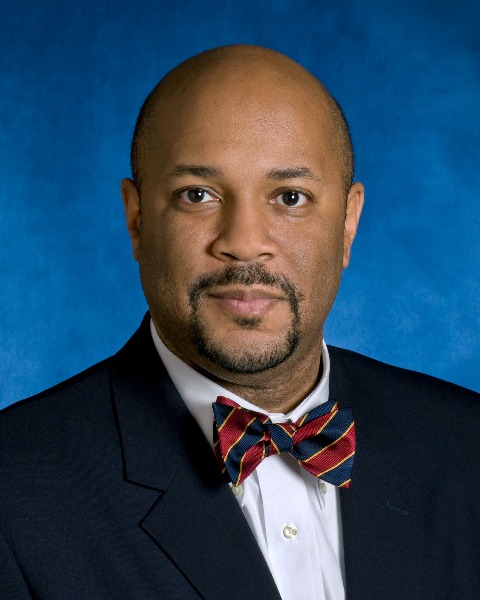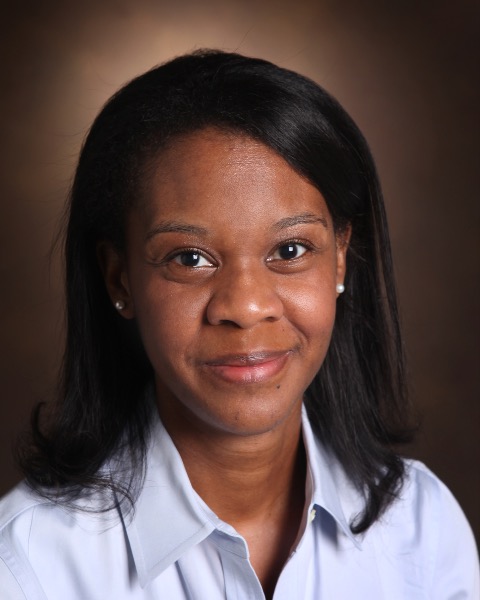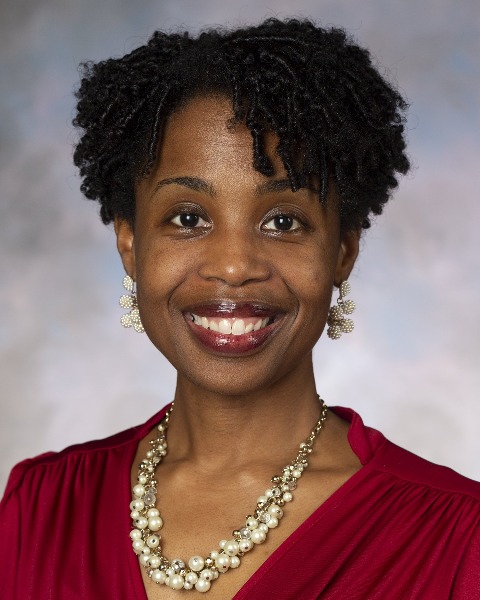Core Curriculum for Fellows
Diversity, Equity and Inclusion
Education Pathway
Medical Education
1525 - Learning to Swat Mosquitoes: Addressing Microaggressions in Medical Education
-

William Golden, MD, FAAP (he/him/his)
Associate Professor of Pediatrics
Johns Hopkins University School of Medicine
Baltimore, Maryland, United States -
HB
Heather Burrows, MD PhD
Associate Professor
University of Michigan
Ann Arbor, Michigan, United States -
AF
Amy Fleming, MD, MScHPE
Assoc Dean For Medical Student Affairs
Vanderbilt University School of Med
Nashville, Tennessee, United States -
JJ
Joseph Jackson, Jr., MD (he/him/his)
Associate Dean for Student Affairs
Duke University School of Medicine
Durham, North Carolina, United States -
SK
Sharon Kileny, MD
Assistant Professor
University of Michigan
Ann Arbor, Michigan, United States -
.jpg)
Kenya McNeal-Trice, MD (she/her/hers)
Professor of Pediatrics, Vice Chair of Education
University of North Carolina at Chapel Hill
Chapel Hill, North Carolina, United States -

Kimberly Vinson, MD
Associate Dean for Diversity Affairs, Associate Professor of Otolaryngology
Vanderbilt University School of Medicine, United States -

Valencia Walker, MD, MPH (she/her/hers)
Vice Dean for Health Equity and Inclusion
Geisinger Commonwealth School of Medicine
Scranton, Pennsylvania, United States
Leader(s)
Co-Leader(s)
● Wolters Kluwer (Currently Ongoing) (Products/Services: Intellectual Property including patent beneficiary and royalties)
While overt displays of aggression (i.e., physical abuse) currently occur less commonly in medical schools, subtly demeaning comments and behaviors related to trainees’ gender, race/ethnicity, sexual orientation, religious practices, and/or disability have persisted through generations of medical training. Recent national surveys (Chisholm LP, et. al. J Natl Med Assoc. 113: 310 [2021]; Anderson N, et. al., J Gen Intern Med 2021 Apr 30. doi: 10.1007/s11606-021-06786-6 [2021]) confirm that microaggressions against medical students are associated with burnout, impaired learning, and increased odds of depression, particularly for those underrepresented in medicine (URiM). Among GME trainees, similar offenses and negative sequelae have been described (Overland MK, et. al, PM&R 11:1004 [2019]). Ultimately, microaggressions may impair trainees’ relationships with patients and their families, clinical instructors, and colleagues and decrease learner engagement in and enjoyment of clinical medicine. Many practicing physicians have experienced and/or witnessed such indignities yet may be uncomfortable in identifying all types of these behaviors, confronting the aggressors, and counselling learners in these situations. This workshop aims to enhance the professional development of medical educators by teaching methods of identifying and preventing microaggressions as well as supporting learners experiencing such affronts. This instruction will promote diversity and safe learning environments in medical education. The nine faculty facilitators come from seven different academic institutions from across the United States and represent a diversity of experience and thought on the subject.
